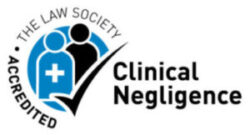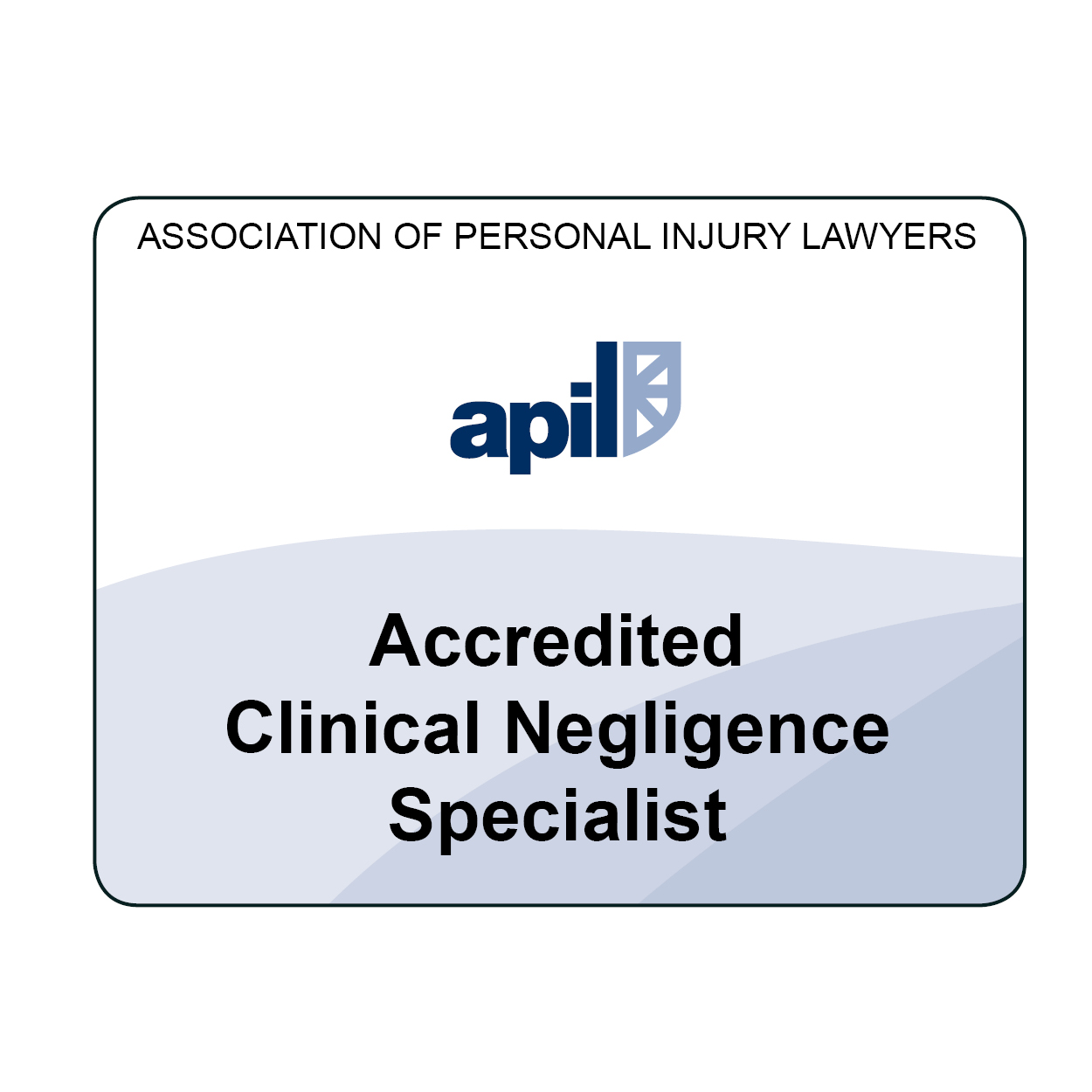Blackwater Law successfully represented the family of baby Blake in making a midwife negligence claim after the community midwife failed to notice a severe medical abnormality.
To make a successful pre-eclampsia compensation claim, you will need to get expert legal advice from a specialist medical negligence solicitor experienced in birth injury claims.
Make a Pre-Eclampsia Claim
In around 0.5% of pregnancies the symptoms associated with pre-eclampsia progress and worsen, leading to more pronounced and a greater variety of symptoms for the mother and greater mortality risks for both parent and child. Medical staff should always be well-trained in diagnosing and treating the condition, so these situations should not be allowed to develop.
You may be entitled to make a birth injury claim relating to pre-eclampsia in the following instances:
- Where there is a delayed diagnosis of the condition by medical staff, leading to elevated levels of suffering, pain and/or health risk to the mother and baby. This can also apply to situations where the condition was spotted but misdiagnosed as something else, potentially providing grounds for a misdiagnosis claim.
- When the condition might have been spotted promptly but the necessary treatment is delayed inducing greater pain, suffering and/or risk than strictly necessary given the situation.
- Where an incorrect course of treatment is provided, leading to greater harm to the mother/baby or failing to address the symptoms of pre-eclampsia.
- Where substandard care or treatment results in or exacerbates the complications or any associated conditions of pre-eclampsia. These can be of both a physical and/or psychological nature.
Why make a Pre-Eclampsia claim?
Pre-eclampsia affects around 4% of pregnant women, and when left unchecked the condition and the symptoms associated with it can pose a serious threat to the health of both mother and baby. Doctors should remain vigilant in regard to pre-eclampsia’s progression.
When treatment for pre-eclampsia does not reach the standards we expect from health professionals, the impact on both mother and baby’s physical and mental health can be extremely debilitating, and we understand that families in this position may not have the resources to fight a legal case in order to put things right.
- Specialist birth injury solicitors
- No win, no fee claims
- Independently recognised as experts
What is Pre-Eclampsia?
Pre-eclampsia is a condition which affects a relatively low proportion of pregnant women, usually during the second half of their pregnancy or soon after the baby is delivered. Although the exact cause of pre-eclampsia isn’t known, it’s thought to occur when there’s a problem with the placenta (the organ that links the baby’s blood supply to the mother’s). More medical research is needed to fully understand the origin and cause of pre-eclampsia.
Whilst the exact cause of Pre-Eclampsia is not known, it has been linked with problems relating to the placenta; the organ which regulates the passage of blood between the mother and her baby. It typically manifests at around 20 weeks of pregnancy and is identified by the manner in which mothers present with elevated levels of protein in their urine (proteinuria), as well as high blood pressure.
Whilst these symptoms might understandably be hard for you to perceive yourself during the early stages of pregnancy, a trained medical professional should be reasonably expected to be able to diagnose pre-eclampsia during the course of a regular antenatal check-up – helping you to avoid suffering the worst potential effects of the condition as a result of delayed or misdiagnosis.
Who is at Most Risk of Pre-Eclampsia?
Studies show that pre-eclampsia affects up to 6 out of every 100 pregnancies. Additionally, severe cases develop in 1 to 2 out of every 100. It has been discovered that there are a number of conditions or illnesses, previous or current, that may increase the chances of developing pre-eclampsia. These include:
- Having diabetes, high blood pressure or kidney disease prior to starting pregnancy
- Having a condition such as lupus or antiphospholipid syndrome (which increases the risk of blood clots)
- Having developed pre-eclampsia during a previous pregnancy
Others that are less severe may include:
- Having a family history of the condition
- Being over 40 years of age
- The time between the previous pregnancy being 10 years or more
- Expecting multiple babies
- Having a BMI (body mass index) of 35 or over
If you have multiple of the above conditions, your chances of developing pre-eclampsia are heightened. In these instances the midwife should be aware of the heightened chances of developing pre-eclampsia during the pregnancy and should monitor as a result. Where a midwife fails to carry out monitoring despite being in a higher risk group, it may be possible to seek midwife negligence compensation.
Symptoms & Signs of Pre-Eclampsia
Some primary early signs of Pre-eclampsia are high blood pressure and proteinuria (protein in your urine) which are unnoticeable to yourself on a day-to-day basis. As a result, it is important to attend all pre-antenatal appointments so that these symptoms, if present, can be discovered.
Despite this, some symptoms can occur that you may notice:
- Swelling of feet, hands, ankles and/or face due to fluid retention
- Severe headaches
- Vision problems
- Pain just below ribs

Impact of the negligent care of Pre-Eclampsia
Where adequate care is not provided to the mother during the onset of pre-eclampsia, the immediate impact can be a worsening of symptoms, known to include the following:
- Excessive fluid retention (known as oedema) can result in swelling in the feet, ankles, face and hands.
- The mother may begin to experience severe headaches and problems with her vision.
- Some mothers experience pain in the region below their ribs.
- Episodes of dizziness and vomiting may become common.
In the most severe cases, the condition can be allowed to develop into what is known simply as eclampsia; where the mother starts to experience fits that appear similar to epileptic episodes. Whilst rare, these instances represent a serious risk to both the mother and child’s health.
Other symptoms associated with more advanced stages of pre-eclampsia are known to include:
- The failure of vital organs such as the liver, kidney and lungs.
- Problems associated with blood clotting.
Where symptoms of Pre-Eclampsia are not treated sufficiently quickly/well as a result of misdiagnosis or delayed diagnosis it can become necessary to deliver the baby prematurely, as this is the only proven way to alleviate them. This can elevate the risks of birth injuries to the mother and birth injuries to the baby and a pre-eclampsia claim may be sought as a result.
Specialist Pre-Eclampsia lawyers
Blackwater Law solicitors specialise in medical negligence claims and are experienced in representing parents across England and Wales in making claims for birth injuries that have resulted from poor clinical care. We operate all of our birth injury cases on a no-win, no-fee basis.
Our team of lawyers are independently recognised as being specialists in the area of medical negligence by the Legal 500. This means that if you approach Blackwater Law for advice, the guidance you receive will be some of the best available to you.
Blackwater Law client testimonial








